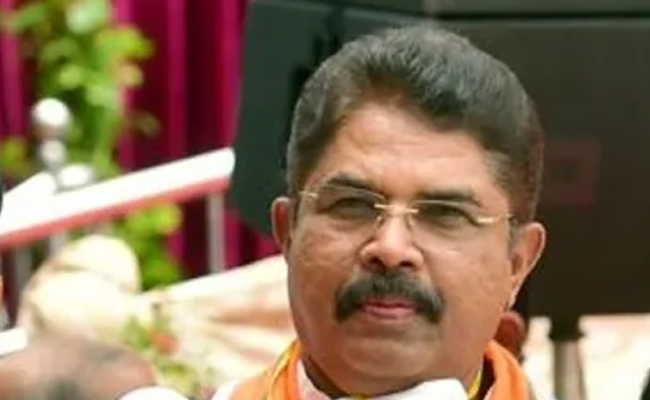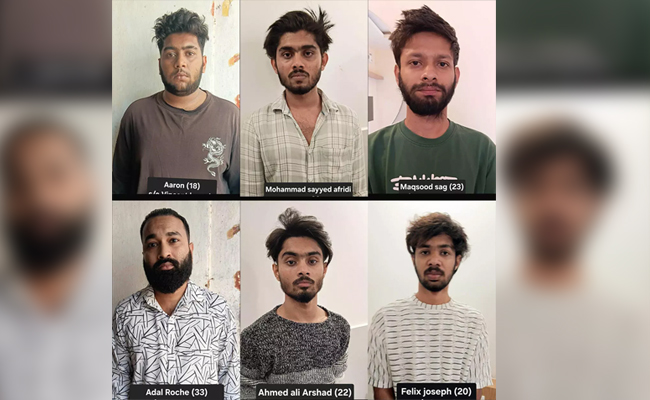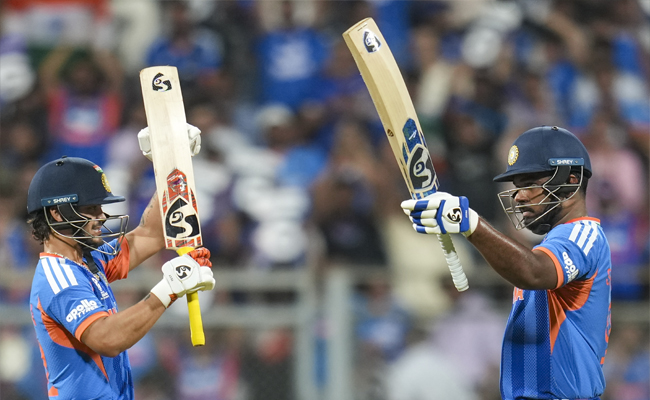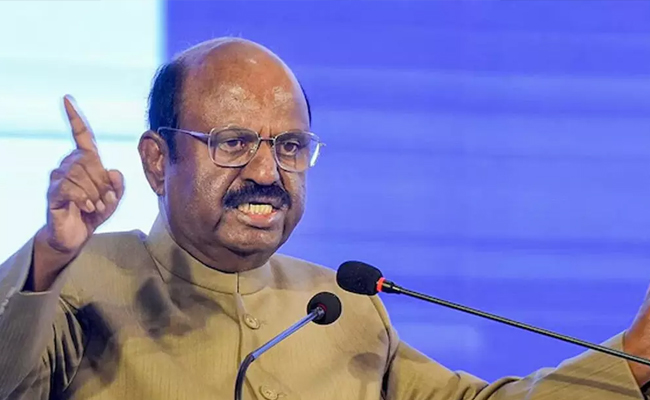Shah Rukh Khan has finally shared our second good look at his upcoming film, Zero. The new Zero teaser, which has Salman Khan dancing with SRK, will be attached with his Eid release, Race 3. It seems to be a special gift from Shah Rukh and Salman on Eid.
It begins with a voice over from Javed Jaffery at a dance competition. A nervous, dwarf Shah Rukh approaches the stage, followed by Salman Khan in what we assume will be a guest appearance.Salman makes him feel comfortable and the two dance together as the crowd around him breaks into an applause. A Zero teaser had released earlier.
The film is directed by Anand L Rai of Tanu Weds Manu and Tanu Weds Manu Returns. It also stars Katrina Kaif, Anushka Sharma and R Madhavan, who had worked with him in both these films.
Zero is Shah Rukh’s second film with both Katrina and Anushka. He previously worked with them in Yash Chopra’s last film, Jab Tak Hai Jaan.
Shah Rukh shared a selfie with Anand on Thursday morning as they waited to share the teaser. “Waiting for the link to reach us so that we can put the Zero Teaser out. @aanandlrai & me waiting on the streets of America to wish Eid to everyone. Just a few moments more!!! #ZeroCelebratesEid,” he wrote in the tweet.
courtesy : hindustantimes.com
Let the Truth be known. If you read VB and like VB, please be a VB Supporter and Help us deliver the Truth to one and all.
Bengaluru (PTI): Leader of Opposition in the Karnataka Assembly R Ashoka on Thursday took a dig at CM Siddaramaiah ahead of the state Budget presentation, claiming that the government is expected to borrow Rs 1.15 lakh crore and is likely to impose fresh taxes on the people.
He said the Budget would have nothing new, adding that its highlights would be criticism of Prime Minister Narendra Modi and repeated mentions of the five guarantee schemes ('Shakti', 'Gruha Lakshmi', 'Gruha Jyoti, 'Yuva Nidhi' and 'Anna Bhagya').
Chief Minister Siddaramaiah, who also holds the Finance portfolio, is scheduled to present the 2026–27 Budget on March 6. This will be his record 17th budget.
“Siddaramaiah-led Congress government’s budget will be presented tomorrow. While Finance Minister Nirmala Sitharaman reduced the tax burden in the Union Budget, Siddaramaiah is known for imposing taxes on people. He imposes about four taxes a month and has already introduced 36 taxes, and is now looking for ways to impose more,” Ashoka said.
Speaking to reporters, he said the Congress had promised people before coming to power that the guarantee schemes would be implemented without imposing any burden on them.
“By the end of the chief minister’s term, the state’s total debt will probably exceed Rs 6 lakh crore. The government has already breached financial discipline. Siddaramaiah and his government are somehow managing the situation,” Ashoka claimed, adding that his borrowings as CM equal those of 12 or 13 former chief ministers combined.
Stating that the Budget should create higher revenue sources, ensure that no burden is placed on people, and take the state away from debt, the opposition leader said this could be ensured only by a “clever and intelligent finance minister.”
“Anyone can run a government by pushing the state into debt,” he said, accusing Siddaramaiah of “increasing the state’s debt and failing to meet the expectations of the people.”
Highlighting that Siddaramaiah blames the previous BJP government for everything, Ashoka said Basavaraj Bommai, the chief minister during the previous BJP government, had presented a “surplus budget,” without excessive borrowings.
“Despite having the opportunity to borrow more while staying within the parameters of financial discipline, he (Bommai) did not do so, as it would burden the people,” he said, accusing Siddaramaiah of borrowing crores of rupees every year.
“I feel that this time too, he will take a loan of Rs 1.15 lakh crore,” he claimed.
The BJP leader said he had written to the CM requesting an allocation of Rs 15,000 crore annually for the development of backward taluks, as recommended by the High Power Committee on Redressal of Regional Imbalance (HPCRRI), chaired by economist Prof M Govinda Rao.
Claiming that the government appears “inactive” due to internal rifts, Ashoka pointed to an ongoing power struggle between factions led by Siddaramaiah and Deputy Chief Minister D K Shivakumar over the CM’s post.
“Amid all this, we cannot expect anything new from this Budget. The CM will repeatedly speak about the guarantee schemes and target the central government and PM Modi. Criticising Modi and repeated mentions of the five guarantee schemes will be the highlight of this Budget. Other than that, there will be nothing new,” he added.
He also dismissed the CM's claim that the government had achieved 90 per cent of the promises made in the previous Budget. “The fact is that not even 9 per cent has been achieved. I have evidence for it,” he said.
Ashoka further alleged that the government had also failed in tax collection, achieving only 48 per cent of the target, and had released less than 40 per cent of the allocated funds to some departments.





